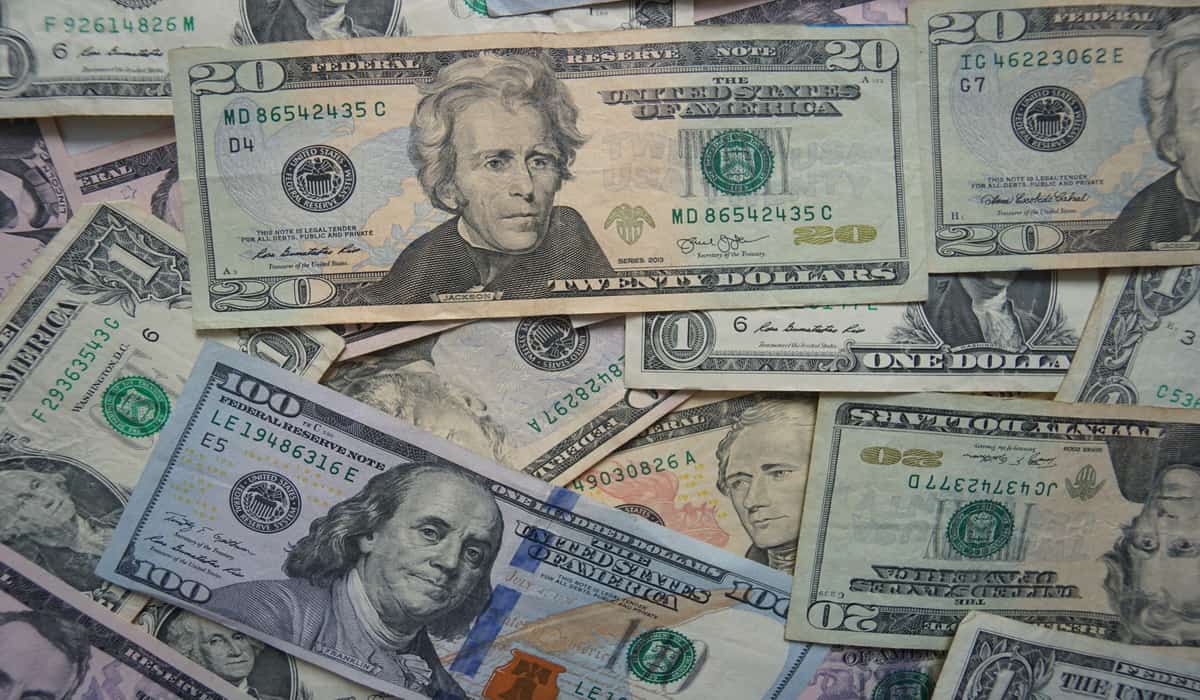The New York Stock Exchange continues to dwarf other global stock exchanges by boasting of a high equity market capitalization and thousands of listed companies. Consequently, NYSE has played a key role in positioning the United States as the controller of the global stock market.
Data gathered by Buy Shares indicates that the top ten stock exchanges globally cumulatively control $63.89 trillion in market capitalization. The New York Stock Exchange occupies the top spot with a capitalization of over $25.53 trillion as of March 2020. In general, NYSE accounts for a whopping 39.9% of the market capitalization of the top ten stock exchanges. NASDAQ also from the United States holds the second spot with a capitalization of $11.23 trillion, at least twice the size of NYSE. The Japan Exchange Group occupies the third slot with a capitalization of $5.1 trillion followed by China’s Shanghai Stock Exchange at $4.67 trillion. Hong Kong Exchanges closes the top five categories with a capitalization of $4.23 trillion.
Euronext makes the European debut on the list with an equity capitalization of $3.67 trillion followed by another Chinese entrant Shenzhen Stock Exchange at $3.28 trillion. Elsewhere, Italy and UK based London Stock Exchange is seventh with a capitalization of $2.92 trillion. TXM group from Canada and India’s BSE Limited occupy the ninth and tenth spot with a capitalization of $1.75 trillion and $1.51 trillion respectively.
Stock exchanges refer to a marketplace where stockbrokers, traders, buyers, and sellers can trade in equities products. The dominance of exchanges like NYSE is thanks to the thousands of listed companies that sell shares of their business, allowing the general public to invest in them.
The US controls half of the global stock market
Our research also highlights the distribution of countries with the largest stock market globally as of January 2020 where the United States accounted for more than half with 54.5%. Japan follows a distant second accounting for 7.7%, followed by the United Kingdom at 5.1%. China is fourth accounting for 3% of the global stock market while France caps the top five categories at 3.2%.
Switzerland is sixth at 2.7% followed by Canada, Germany, and Australia accounting for 2.7%, 2.6%, and 2.2% respectively. Smaller yearbook stocks account for 6.3% of the global stock market. On the other hand, the stock market not in the yearbook accounts for 8.9%.
The NewYork Stock Exchange emerged the top exchange globally following a series of strategic moves. For example, a series of mergers has given the New York Stock Exchange its massive size and global presence. The company started as NYSE before adding the American Stock Exchange and merging with the Euronext – NYSE Euronext in 2013.
Before the merger of NYSE with Euronext, the London Stock exchange dominated the European market. However, NYSE became home to a continually expanding number of large companies. Countries like France and Germany developed their stock exchanges, though these were often viewed as a ladder for companies on their way to listing with the NYSE.
Role of the stock market to the economy
The stock market plays a key role in promoting the free-market economy for any country. The stock market enables channeling of an individual’s savings and investments into the productive investment proposals. In the long term, it helps in capital formation and economic growth of the country.
Despite stock markets playing a key in a country’s economy, they are not the economy. In this case, the stock market is guided by the emotions of investors for example during an asset bubble and the peak of the business cycle. In most cases, the peak occurs right before a crash. However, when the stock market crashes, it can be very devastating to the economy.
Lower stock prices translate to less wealth for businesses, pension funds, and individual investors. Listed companies are unable to get the much-needed funding for their normal operations. Such a situation has been witnessed during the coronavirus pandemic.
When stock prices remain depressed for a long period, emerging businesses end up lacking funds for growth. During the pandemic, many stocks plunged to all-time lows, sparking an investment interest from the public. The investors took advantage of the low prices with the hope profiting once the stock market recovers. The recovery will be vital in economic growth for different countries.







